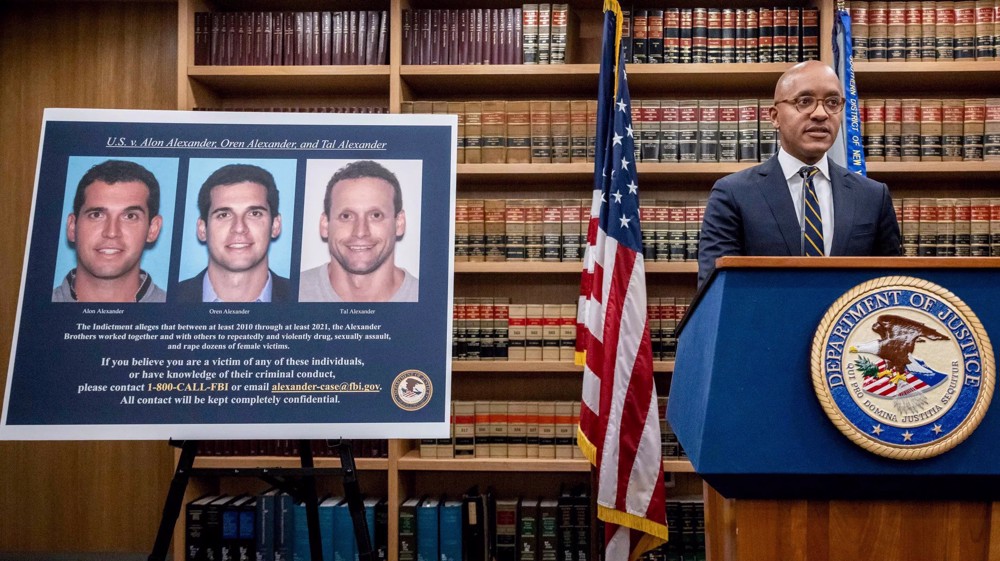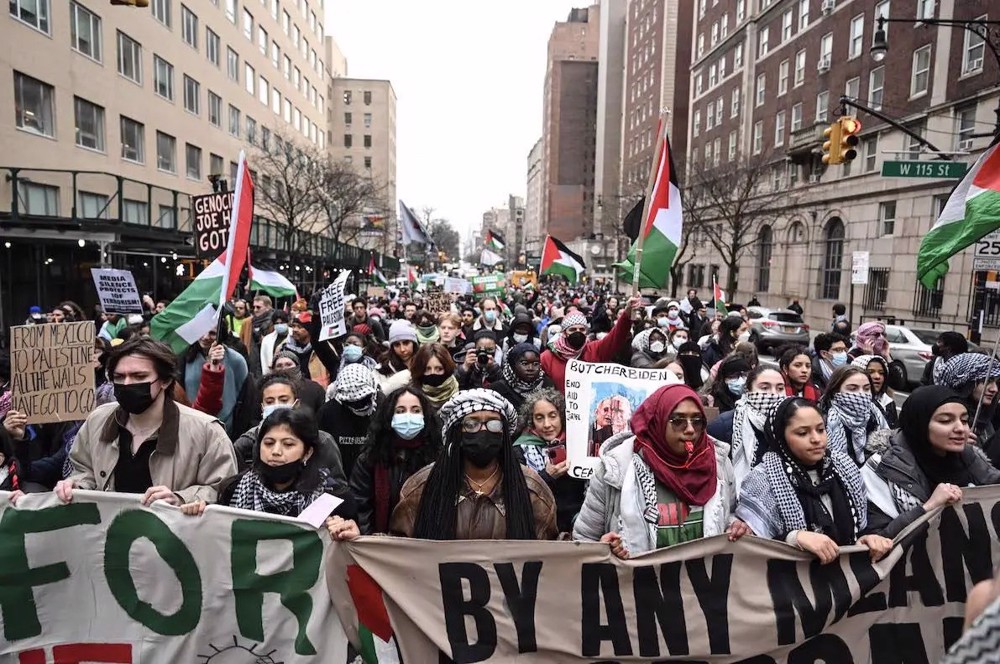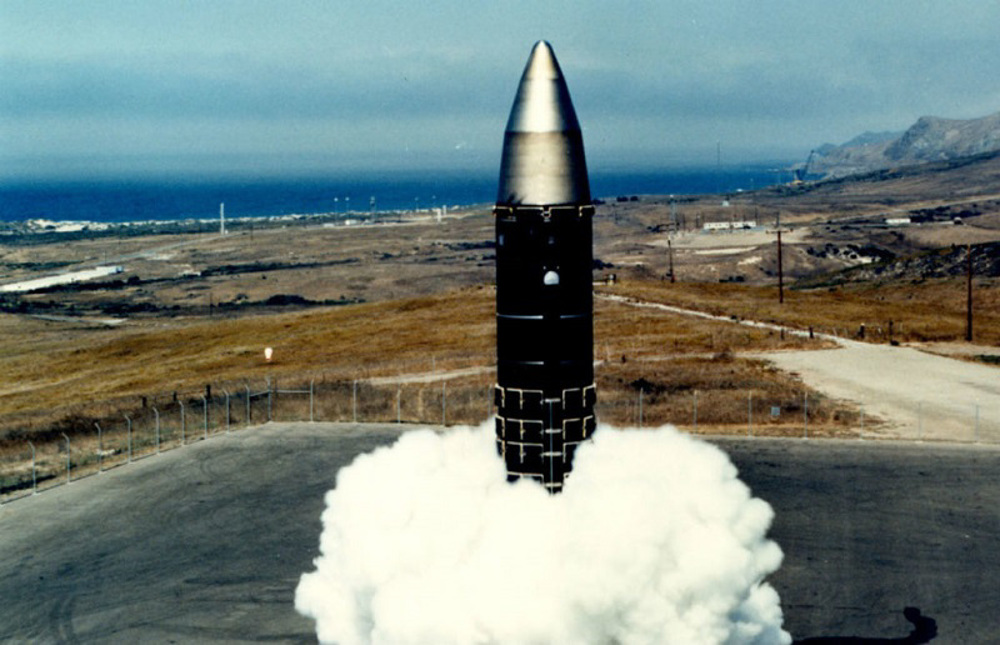Trump says US coronavirus spread 'not inevitable,' mulls new travel bans
US President Donald Trump says it is "not inevitable" that the novel coronavirus would continue to spread in the United States, adding he is considering travel restrictions on Italy and South Korea and appointed his vice president to lead the response.
His optimism about containing the pathogen contradicted a senior health official in his own administration and came as authorities said they had identified the first case in the US that was of unknown origin.
"I don't think it's inevitable. I think that there's a chance that it could get worse, a chance it could get fairly substantially worse, but nothing's inevitable," Trump told reporters on Wednesday at the White House.
The Centers for Disease Control and Prevention urged Americans Tuesday to be prepared to cancel mass gatherings and urged schools and businesses to develop teleworking plans, amid dire warnings that countries are not ready to contain an outbreak that has infected 80,000 people, mostly in China.
"It's not so much a question of if this will happen anymore, but rather more a question of exactly when this will happen," said the CDC's Nancy Messonnier.
As of Wednesday, there were 60 cases in the United States -- 15 detected through the public health system, and 45 repatriated from abroad, either from a cruise ship off Japan or from Wuhan, the Chinese city where the first cases were identified.
The CDC later said the latest case caught in California "did not have relevant travel history or exposure to another known patient" -- meaning it could represent the first instance of "community spread" in the US, though this was not yet confirmed.
Community spread means spread of an illness for which the source of the infection is unknown.
More travel restrictions?
Foreign nationals traveling from China within the past two weeks are currently banned from entering the US, and Trump said more countries, including South Korea and Italy where the disease has rapidly spread, could also be added to the list.
"At the right time we may do it, right now it's not the right time," he said in response to a reporter's question.
"Italy is, you know, a deeper problem, and we're checking people coming in very, very strongly from those and at some point we may cut that off," he later added.
On Wednesday night the State Department raised its travel advisory caution level for South Korea to the second-highest, now urging Americans to reconsider traveling there.
The president added that Vice President Mike Pence had been assigned to lead the charge in coordinating the government's response and reporting back to him, taking over the role from health secretary Alex Azar.
(Source: AFP)
VIDEO | Yemenis praise the military for its successful operations against Israel
VIDEO | Israel continues to bomb Gaza homes
VIDEO | An insider's view of the country: Meybod City in Yazd
‘All wars have rules. All of those rules have been broken’ by Israel
VIDEO | Report flags India’s violation of rights of Rohingya detainees
Turkey's foreign minister meets Syria's de facto leader in Damascus
VIDEO | US Syria plots
'Next to impossible' to rescue patients from Gaza's Kamal Adwan Hospital: Director









 This makes it easy to access the Press TV website
This makes it easy to access the Press TV website